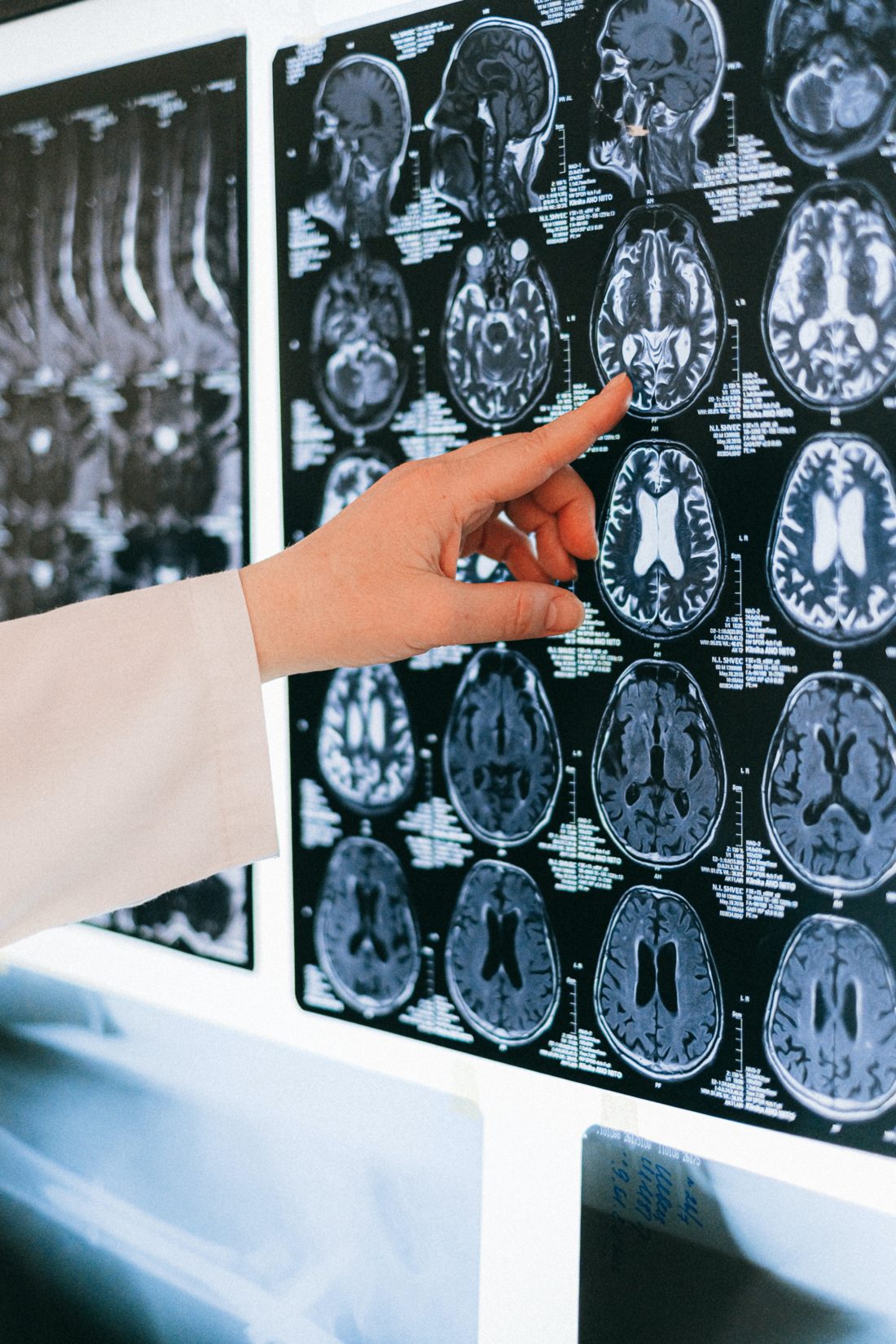Increasingly, people are looking to combat mental health problems without resorting to the pharmaceutical industry. A host of strategies have been identified as helpful in fighting off anxiety and stress, including cognitive behavioral therapy (CBT) as well as massage therapy. Another option is music therapy, which has been shown to provide health benefits for a wide variety of people.

What is music therapy? Societies have been using music for spiritual reasons for millennia, but modern music therapy only dates back to the early 20th century. After World War II, music was found to have a salutary effect on both the mental and physical health of shell-shocked veterans. In the 21st century, more research has been done to explain the connection, and music therapists tailor their approaches depending on the patients’ needs.

Each element of music, including rhythm, tone, tempo, and melody, has a different effect on the human brain. Therefore, it is important for the music therapist to form a bond with the patient and discover the aspects of the music that most resonate. Often, a characteristic of music will evoke a generalized feeling of nostalgia, or else a specific positive memory. Sometimes the connection is more oblique, and the music will simply stimulate part of the brain for reasons unexplained.

Music therapy is used not only to improve a patient’s morale, but it can also have the express purpose of improving emotional awareness. When dealing with someone with Alzheimer’s or dementia, it can be a window to expression; when dealing with someone who has experienced trauma, it can shed a light on the underlying source of pain. There are so many possible neurological responses to music that it can improve confidence, communication skills, and self-esteem, to name just a few known benefits.
The neurological responses are chemical in nature, meaning that it can reduce the factors of anxiety and depression. For example, music can relieve the symptoms of anxiety by controlling the release of stress hormones like adrenaline and cortisol. As for depression, music can lead to the release of dopamine and endorphins, hormones that increase happiness and reduce pain. Furthermore, studies have shown that music therapy can even reduce blood pressure and heartbeat, while bolstering the immune system. It is quite clear that everyone could stand to benefit from music therapy, and it is a worthy tool to consider when you are finding well-being.









